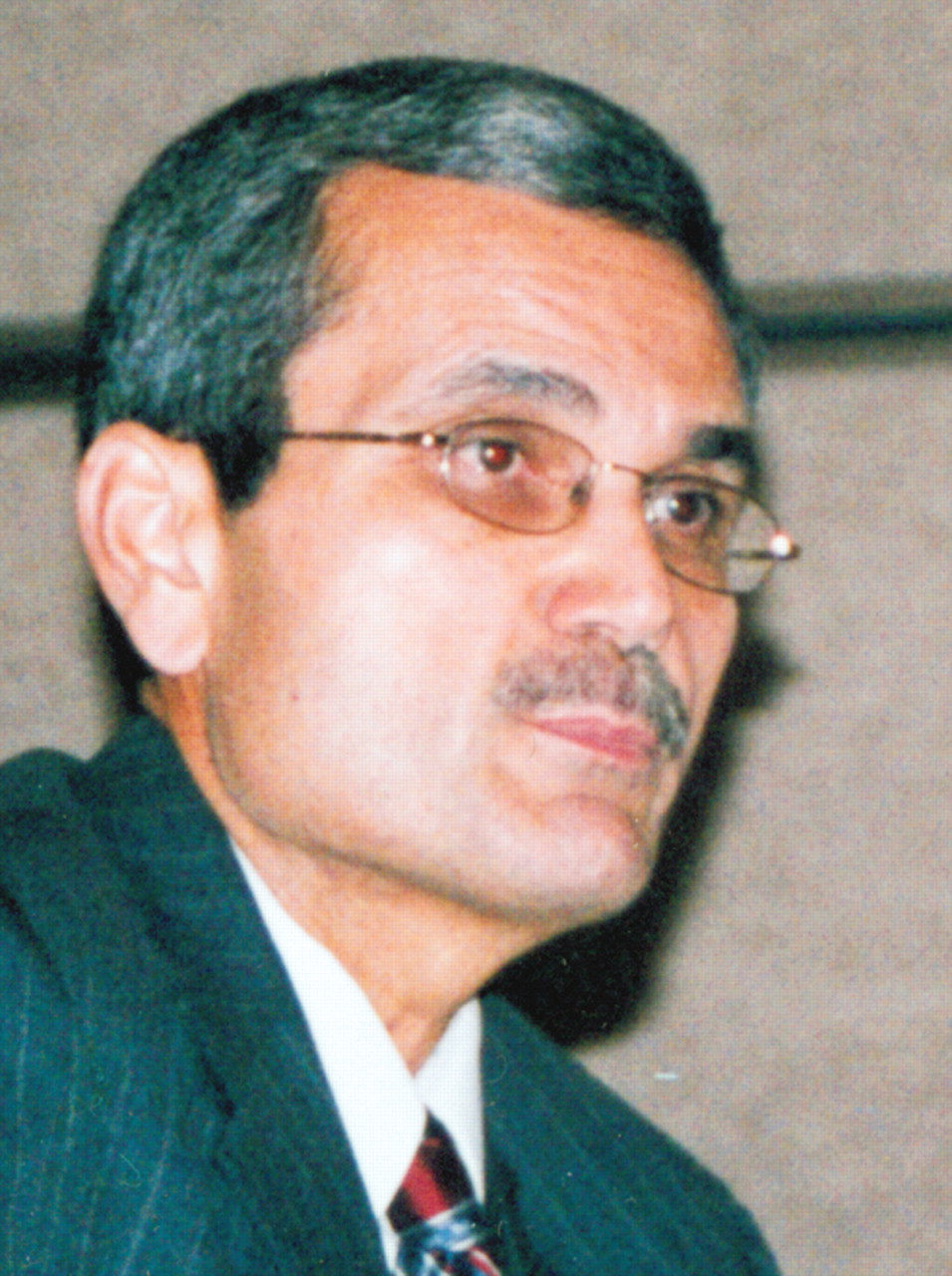By reaching out to Native-American college students, medical students, and psychiatry residents, APA is hoping to add more diversity to the psychiatric workforce and call attention to the need for improved mental health services in Native-American communities.
“We must educate Native Americans about major mental illnesses and the impact they have on our communities,” said Frank Brown, M.D., chair of APA's Committee of American Indian, Alaska Native, and Native Hawaiian Psychiatrists and an associate professor of psychiatry and behavioral sciences at Emory University.
Brown, who is of Cherokee descent, appeared at the 2004 Indian Health Summit in Washington, D.C., in September.
The summit was held by the Indian Health Service (IHS), an agency of the Department of Health and Human Services that is responsible for providing federal health services to Native Americans and Alaska Natives. The meeting coincided with the opening of the National Museum of the American Indian in Washington, D.C.
According to data from the Substance Abuse and Mental Health Services Administration, American-Indian men aged 25 to 34 are twice as likely to commit suicide as their non-Indian counterparts.
“We must continue to be aggressive about suicide prevention in this population,” Brown said.
He pointed out that “depression knows no boundaries” and emphasized the need to teach Native Americans that depression is“ common, treatable, and does not imply a weakness in character.”
In addition, Brown underscored the importance of preventing the early onset of alcohol and drug abuse in Native Americans, who have been found to be as much as seven times more likely to have alcohol-related problems as those in the general population.
Brown also addressed the need to recruit Native Americans into the psychiatric work-force.
He estimated that there are only about 50 Native-American psychiatrists, 37 of whom identify themselves as Native American.
“The goal is to increase the number of culturally sensitive trained psychiatrists out there to care for the Native-American population. One way to do this is to have Native Americans working with Native Americans,” he declared.
Members of APA's Committee of American Indian, Alaska Native, and Native Hawaiian Psychiatrists are working toward this goal by reaching out to Native-American college students to encourage them to pursue careers in medicine, and with Native-American medical students to spark an interest in the field of psychiatry, Brown said.
“We also work with Native-American psychiatry residents to establish mentor-ships and foster their growth and development within the field,” Brown noted.
Part of the committee's work involves linking psychiatry residents with IHS staff and Native-American physicians already working on Indian reservations, he added.
APA is also collaborating with the Association of American Indian Physicians, an Oklahoma-based organization that recruits Native Americans into medicine and provides support for Native-American physicians in the United States.
At the organization's annual conference, APA provides Native-American medical students with “in-depth information about the practice of psychiatry, APA, and psychiatric disease processes in Native Americans,” Brown said.
He also noted that Native-American subjects have historically been left out of medical research, and inclusion is necessary to “show the disproportionate rates of illness among Native Americans and the disparities in funding for diagnosis, prevention, and treatment of disease in this population.”
Information about medical and health-related programs of the Indian Health Service is posted online at<www.ihs.gov>.▪

